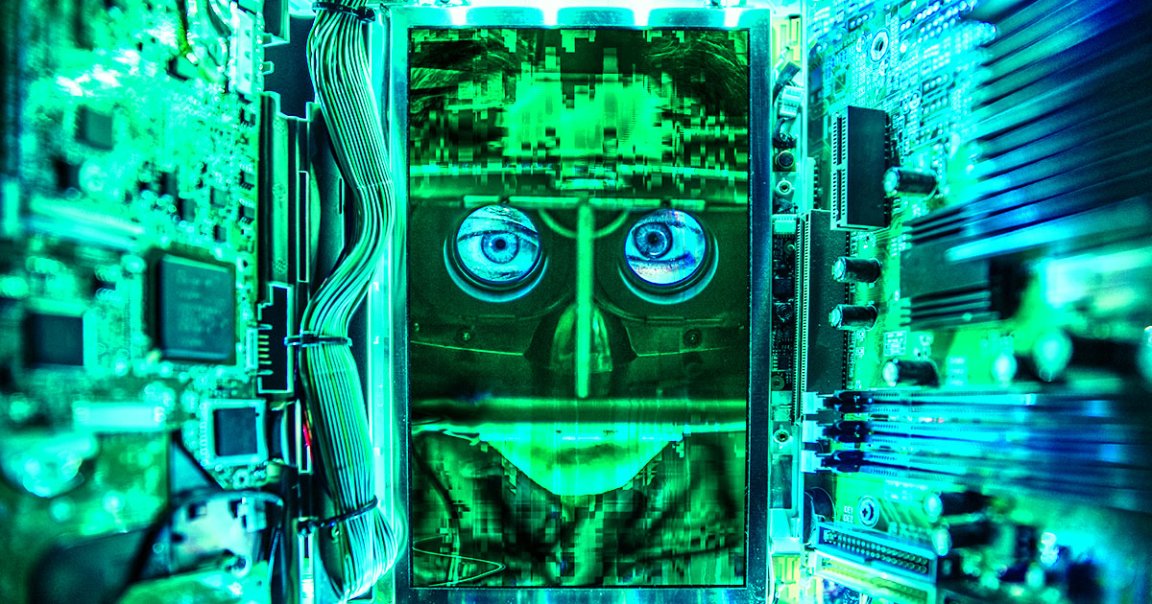
Chaos erupted following the abrupt dismissal — and subsequent rehiring — of OpenAI CEO Sam Altman earlier this month. More than a week later, the dust is only beginning to settle.
One of the most tantalizing aspects of the story was news that the company had secretly been working on a next-generation AI model dubbed Q*, pronounced Q star, which allegedly has the ability to reason sufficiently to answer grade school-level math prompts.
Last week, Reuters and The Information reported on an internal memo sent out by Mira Murati, a former OpenAI nonprofit board member who held the title of CEO for a very short period following Altman’s dismissal, acknowledging the existence of the project.
The reports led to plenty of speculation. Was the project in any way related to Altman’s dismissal? Is Q* really as powerful as it’s rumored to be? Could it be a sign that OpenAI is inching closer to its goal of realizing artificial general intelligence, an algorithm that could complete complex tasks as well as or even better than humans?
We’ve known about Q* for six days now and we’re still none the wiser. OpenAI, which has historically developed its AI tech under tight wraps, has pointedly refused to comment on the matter, as The Atlantic points out.
While a spokesperson refused to give a statement, insiders told the magazine that OpenAI is in fact working on Q* and has already used it to solve math problems. However, they argued that the existence of the project likely wasn’t enough to trigger fears among OpenAI’s board that could’ve led to Altman’s dismissal.
At the end of the day, we simply have no idea if Q* will represent a breakthrough or not, let alone if it will ever be turned into a viable consumer-facing product.
But its purported ability to complete math tasks has experts intrigued nonetheless, since that’s been an elusive goal for the chatbots that have taken the internet by storm since OpenAI released ChatGPT just about a year ago.
“If it has the ability to logically reason and reason about abstract concepts, which right now is what it really struggles with, that’s a pretty tremendous leap,” Charles Higgins, a cofounder of the AI-training startup Tromero, told Business Insider last week.
It is worth asking why OpenAI is playing its cards so close to its chest, fueling the rumor mill and raising more questions than answers.
Secrecy is also in the company’s DNA. In its documentation for its large language model GPT-4, OpenAI also admitted that limiting the release of information on how it was trained could allow the company to maintain its competitive edge.
In short, as of right now it’s simply impossible to tell if Q* is as powerful as it is made out to be or whether it’ll represent a fundamental leap forward at all.
For now, all we’ve got is word from those who have a vested interest in the success of OpenAI’s future products — and in and of itself, that’s not an awful lot to go by.
More on OpenAI: Amazon Launches Chatbot With Almost Same Name as OpenAI’s Controversial Secret AI